1. All in the Family
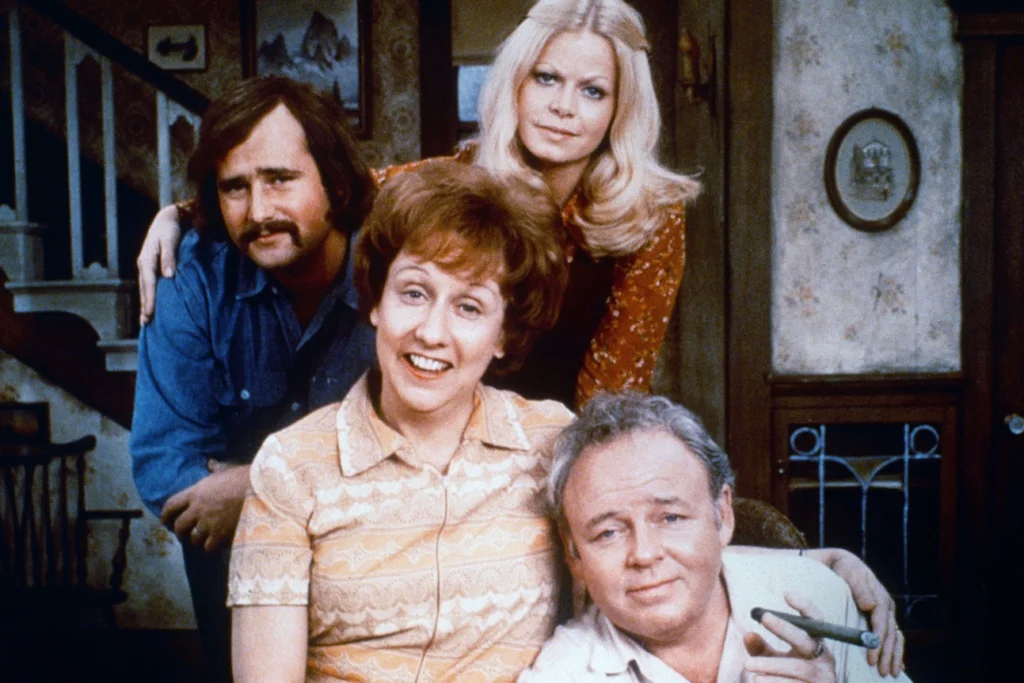
When All in the Family premiered in 1971, it wasn’t just another sitcom—it was a cultural earthquake. Norman Lear’s series introduced audiences to Archie Bunker, a working-class man whose blunt opinions forced viewers to confront real issues like racism, sexism, and politics, all from the comfort of their living rooms. This was one of the first times a sitcom dealt with such taboo subjects so openly, and it sparked heated conversations across the country. Instead of tidy resolutions, the show often left things messy, reflecting real life.
Future series like Roseanne and Married… with Children owe a huge debt to the way All in the Family proved sitcoms could take risks and still be entertaining. It wasn’t afraid to make audiences uncomfortable, and that was exactly the point. The show didn’t sugarcoat America’s divisions, and that honesty made it unforgettable.
2. The Mary Tyler Moore Show
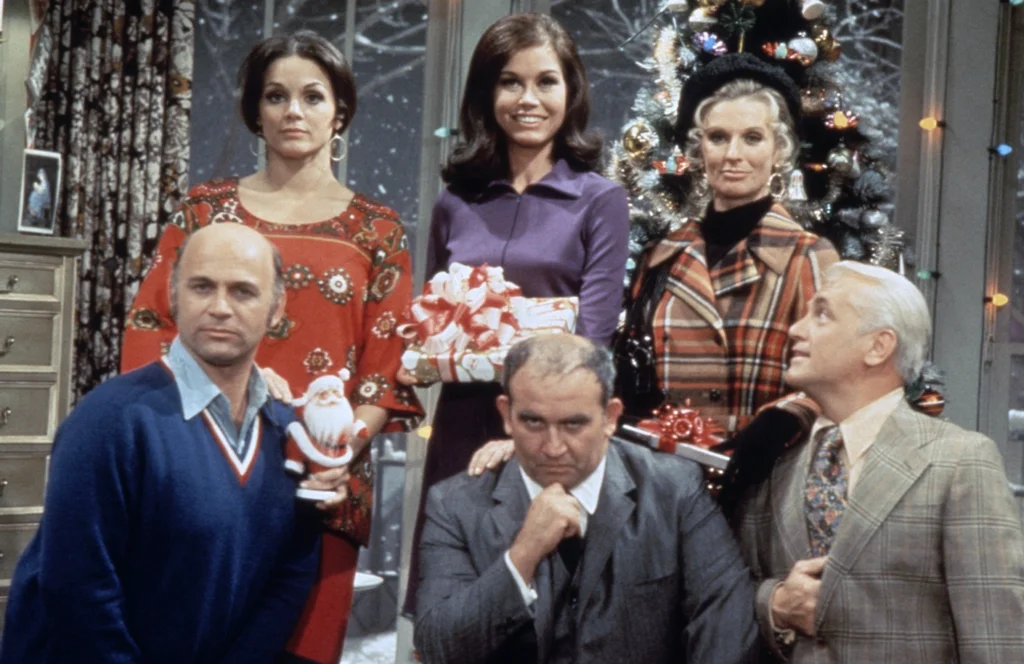
In the early ’70s, television rarely showed single, independent career women in a positive light. The Mary Tyler Moore Show changed all of that with Mary Richards, a smart, self-sufficient news producer who wasn’t defined by her marital status. The show tackled workplace sexism, shifting gender roles, and the reality of women choosing careers over traditional family life. Audiences saw Mary as both relatable and aspirational, which was groundbreaking at the time.
It influenced countless series with strong female leads, from Murphy Brown to 30 Rock. By showing a woman thriving on her own terms, it made space for future TV heroines. It wasn’t just funny, it was empowering, and it helped push television into new territory when it came to representation.
3. M*A*S*H
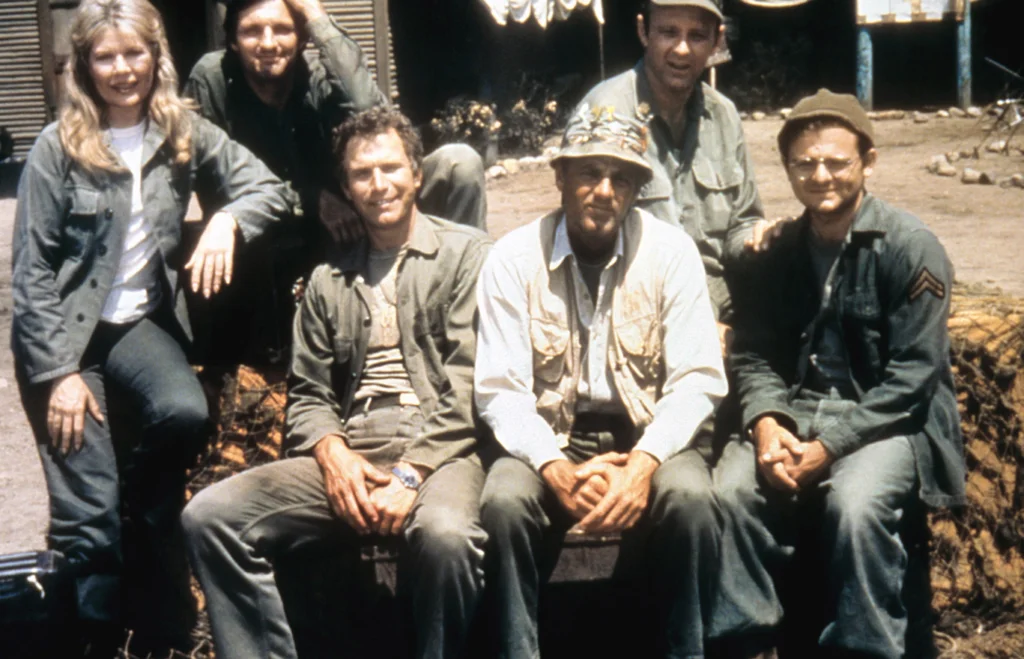
At first glance, M*A*S*H looked like a quirky medical comedy set during the Korean War, but it quickly became so much more. Balancing sharp wit with serious commentary, the show addressed the futility of war, the trauma of loss, and the absurdity of bureaucracy. Hawkeye’s wisecracks may have kept things light, but underneath was a sobering message about humanity and survival.
It influenced later dramedies like Scrubs and ER, proving that comedy and drama could coexist beautifully. Audiences tuned in for laughs, but they stayed for the honesty about war and its consequences. Its finale became one of the most-watched episodes in TV history, showing just how deeply it resonated.
4. Good Times
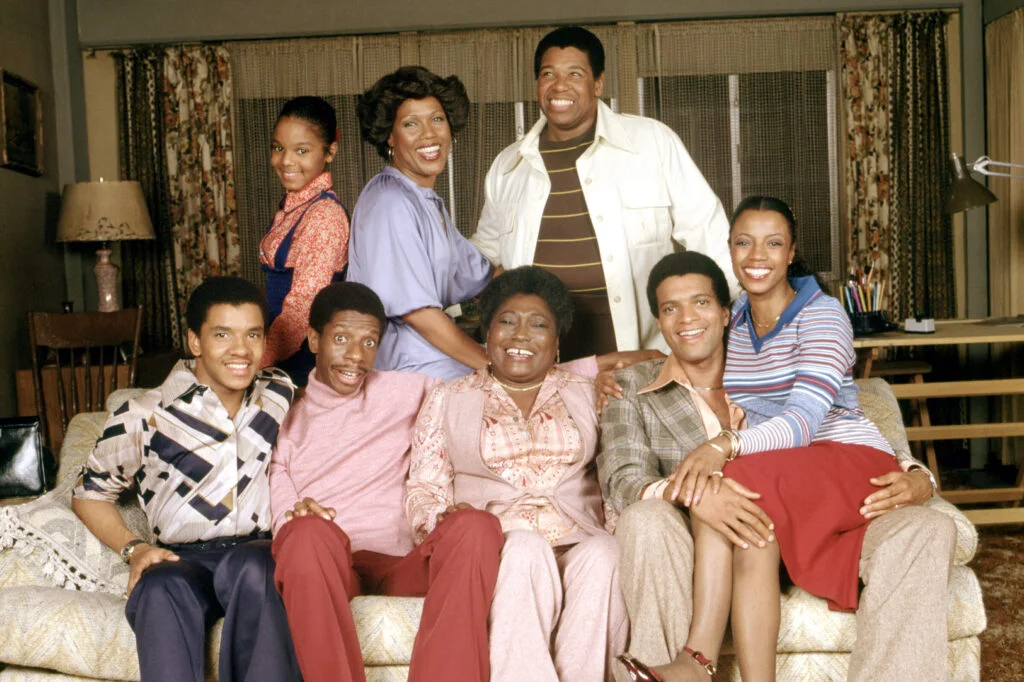
Good Times was one of the first shows to portray a working-class Black family navigating life’s challenges. It didn’t shy away from real struggles like poverty, unemployment, and systemic inequality. The Evans family faced hardships with humor and resilience, showing viewers a slice of life rarely seen on network TV. The character of Florida Evans, in particular, was a powerful representation of strength and dignity.
The show also helped pave the way for later series like The Cosby Show and Black-ish, which continued to show diverse portrayals of African American families. By blending comedy with social commentary, Good Times created a blueprint for sitcoms that aimed to both entertain and enlighten.
5. Maude
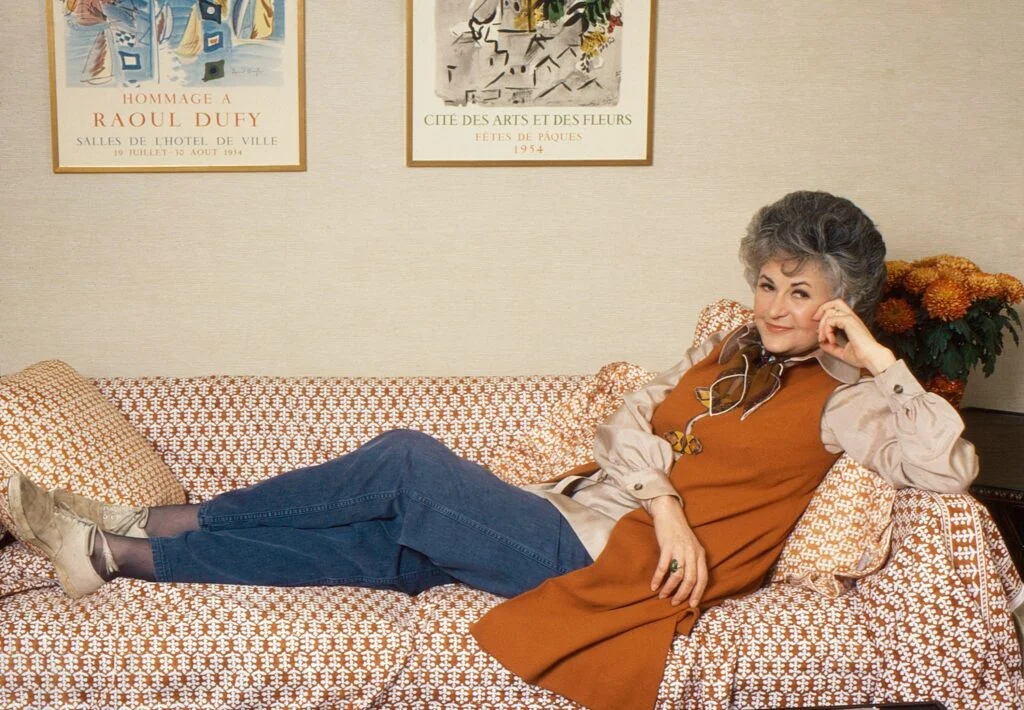
Before audiences had even fully digested Archie Bunker’s world, Norman Lear introduced Maude, a spin-off that gave viewers an outspoken, unapologetic feminist in the lead role. Played by Bea Arthur, Maude tackled issues like abortion, mental health, and women’s rights head-on. The show wasn’t afraid to put hot-button topics on the table, often sparking heated debates in living rooms across America.
What made Maude so boundary-pushing was its refusal to water down its message. Maude herself was brash and complicated, and that honesty made her relatable. The show opened doors for other series with strong, politically outspoken characters, and it proved television could be a platform for progressive conversations.
6. Soap
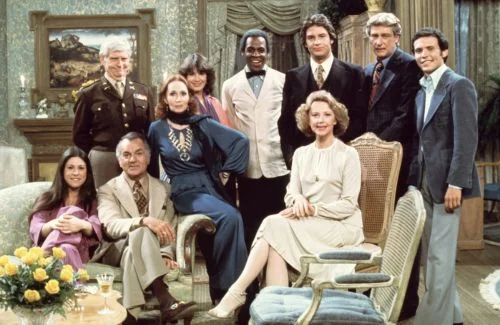
When Soap debuted, audiences didn’t know what to expect from a parody of daytime soap operas in primetime. What they got was a show that broke nearly every rule of sitcom storytelling. Soap was serialized, zany, and unpredictable, but also daring in its characters—most notably Jodie Dallas, one of the first openly gay characters on American TV.
Though controversial at the time, Jodie’s storyline was groundbreaking and set the stage for more authentic LGBTQ+ representation on television. Later shows like Will & Grace and Modern Family owe a debt to the risks Soap took. Its mix of absurd comedy and taboo-breaking storylines showed just how far TV could stretch.
7. Roots
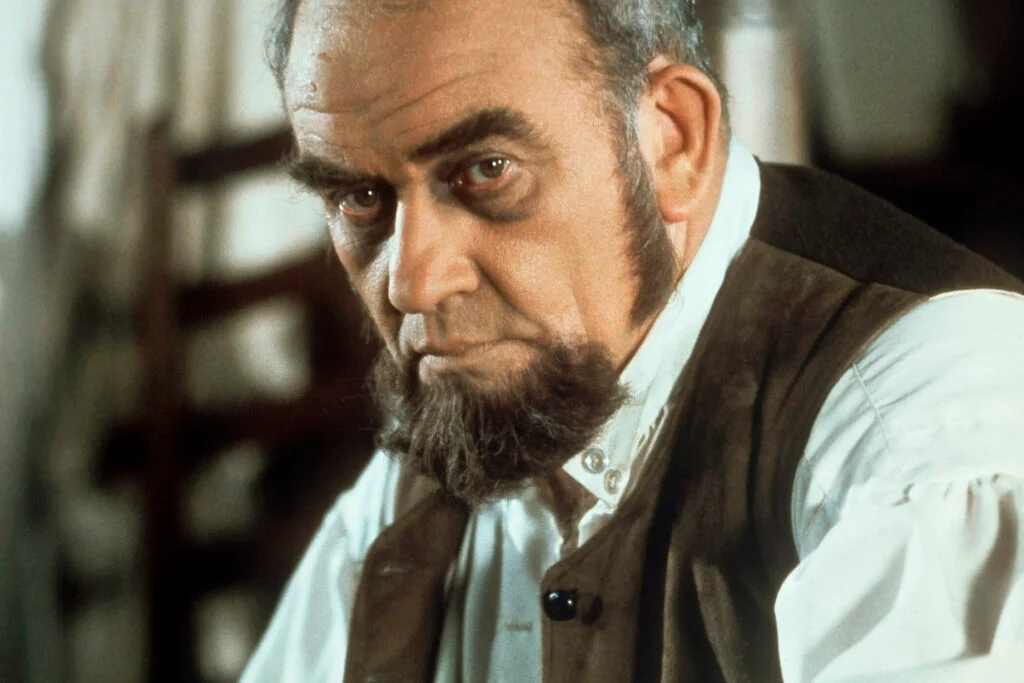
When Roots aired in 1977, it was an event like no other. Based on Alex Haley’s book, the miniseries traced generations of one African American family, beginning with Kunta Kinte’s capture in Africa. The story was raw, emotional, and brutally honest about slavery’s legacy. For many viewers, it was the first time they had seen this painful history depicted with such unflinching detail on television.
The cultural impact was enormous. It broke ratings records and sparked national conversations about race, history, and identity. Later miniseries and historical dramas were able to exist because Roots showed audiences were ready to confront difficult truths.
8. The Jeffersons
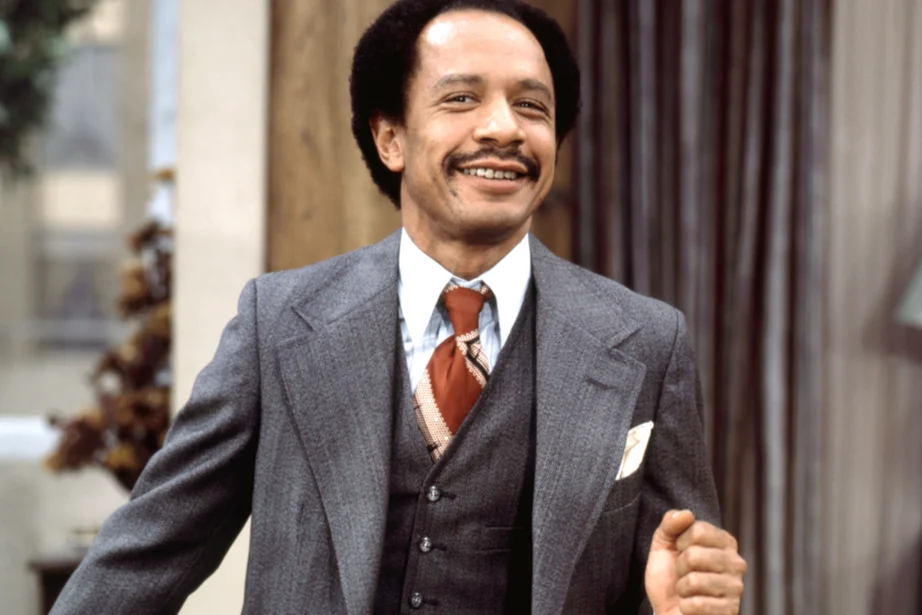
A spin-off of All in the Family, The Jeffersons brought viewers into the life of a successful Black businessman and his family who had “moved on up” to the East Side. Unlike many shows of the era, it depicted African Americans in positions of power and wealth, while still tackling issues like racism and class differences. George Jefferson was brash, funny, and unapologetic, making him one of the most memorable characters of the decade.
The show pushed boundaries simply by normalizing Black success on primetime television. It paved the way for other series to feature diverse casts in roles beyond stereotypes. The Jeffersons combined sharp humor with cultural commentary, making it both entertaining and impactful.
9. One Day at a Time
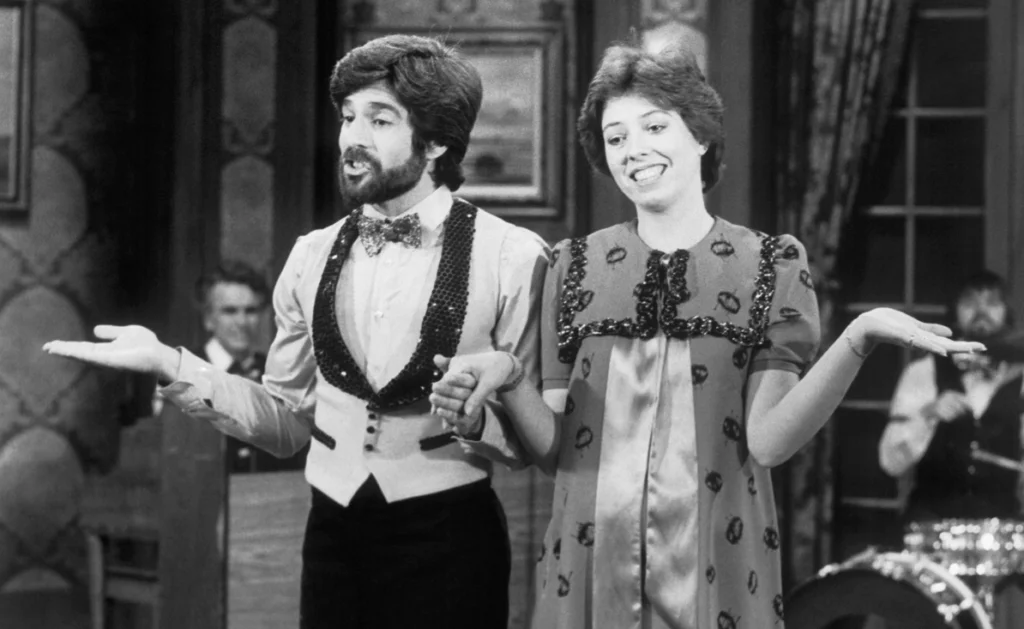
One Day at a Time took a simple premise—a divorced mother raising two daughters—and used it to explore issues of feminism, adolescence, and shifting family dynamics. At a time when divorce was still stigmatized, the show gave audiences a realistic look at single parenthood. Bonnie Franklin’s portrayal of Ann Romano was refreshing because it wasn’t glamorous, it was authentic.
The series resonated with families across the country who saw themselves reflected in the Romano household. It influenced later family-centered comedies that focused on real struggles, not picture-perfect scenarios. By showing the messy but loving reality of a single-parent household, it felt groundbreaking for its time.
10. Charlie’s Angels
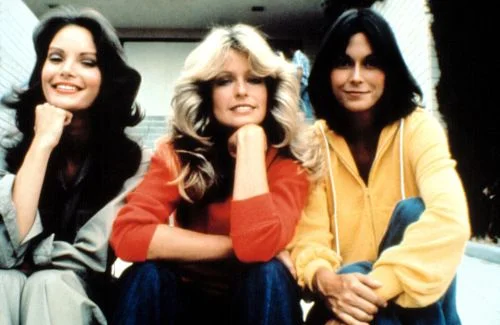
When Charlie’s Angels premiered in 1976, it was marketed as a flashy crime drama with three glamorous female leads. But beneath the glitz, it pushed boundaries by putting women in roles traditionally reserved for men. The Angels weren’t just sidekicks or love interests, they were the ones solving the crimes, outsmarting the villains, and leading the action.
The show sparked debates about “jiggle TV,” but there’s no denying it broke barriers in how women were portrayed on-screen. It paved the way for future female-led action series like Alias and Buffy the Vampire Slayer. Love it or critique it, Charlie’s Angels showed women could carry an action series—and win big ratings while doing it.
11. Welcome Back, Kotter
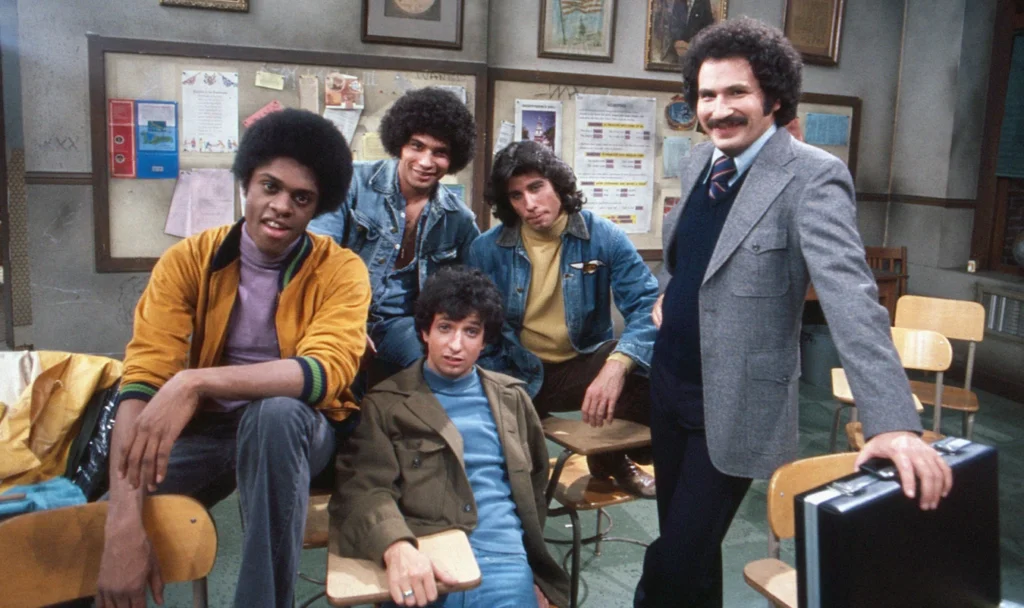
At first glance, Welcome Back, Kotter was a goofy sitcom about a teacher and his rowdy group of students, the “Sweathogs.” But what made it groundbreaking was its depiction of inner-city kids as lovable, smart, and full of potential, even when they acted out. Gabe Kotter, himself a former Sweathog, was proof that these kids weren’t doomed to fail.
The show challenged stereotypes about working-class and minority students. It also introduced John Travolta to the world, which didn’t hurt its popularity. Later shows about unconventional classrooms, like Head of the Class, built on its foundation of finding humor and heart in education.
12. Three’s Company
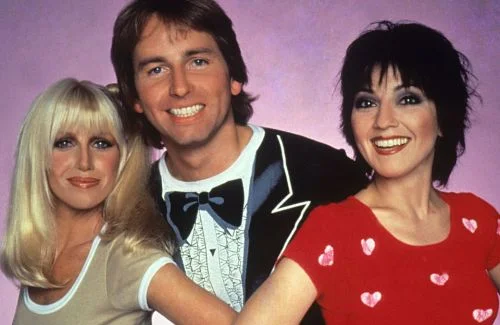
In 1977, Three’s Company shocked some viewers with its risqué premise: two women living with a single man, who pretends to be gay to appease their landlord. While played mostly for laughs, it introduced conversations about gender roles, sexual tension, and even LGBTQ+ themes to mainstream audiences. The physical comedy and misunderstandings became iconic.
Though it leaned into silliness, the show helped normalize topics that had previously been considered inappropriate for primetime. It cracked open the door for more playful explorations of sexuality and relationships in sitcoms to come. Its influence is still felt in modern ensemble comedies.
13. The Rockford Files
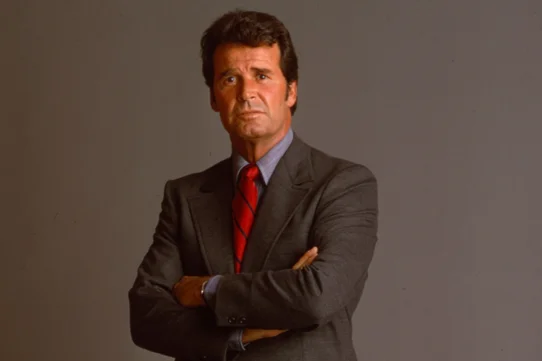
The Rockford Files broke away from the typical TV detective mold of the time. Instead of a tough, invincible hero, James Garner’s Jim Rockford was laid-back, a little unlucky, and often avoided confrontation. He relied more on wit than muscle, giving viewers a fresh take on private eye stories.
That more realistic approach made the show influential in reshaping the detective genre. Later characters like Magnum, P.I. and even Columbo drew inspiration from Rockford’s charm and humanity. It proved audiences were ready for heroes who weren’t perfect but were still compelling.
14. Hill Street Blues
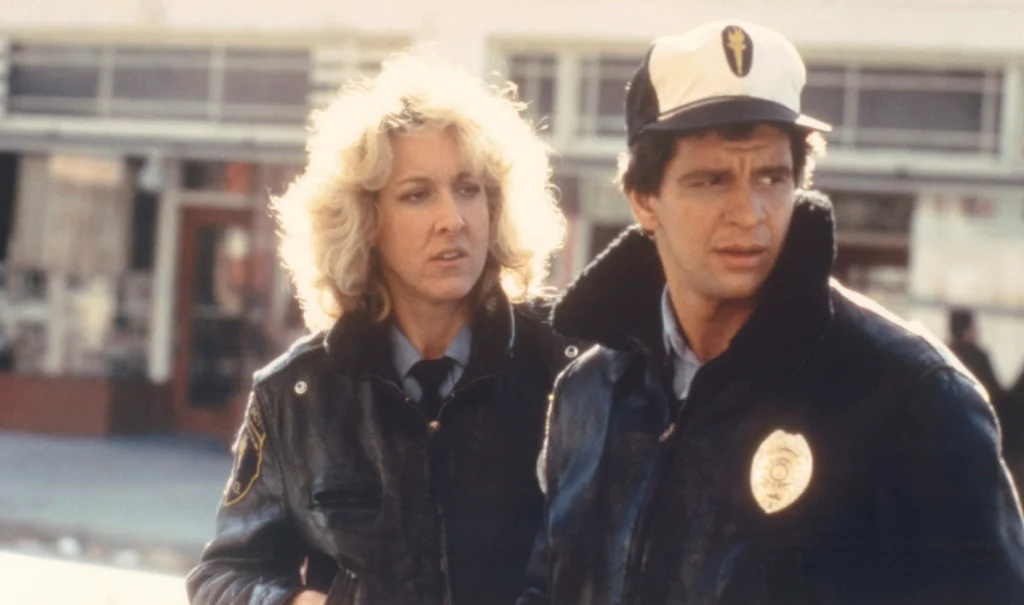
Though it technically premiered in 1981, the development and DNA of Hill Street Blues were rooted in the late ’70s, making it part of that transitional television era. It revolutionized cop dramas by introducing serialized storylines, multiple intersecting plots, and a gritty, realistic tone. Gone were the tidy, episodic cases of earlier shows—this was police work with all its complications.
The influence of Hill Street Blues can be seen in nearly every modern police or procedural drama, from NYPD Blue to Law & Order. It pushed television storytelling into more cinematic territory and set a new standard for ensemble casts.
15. Taxi
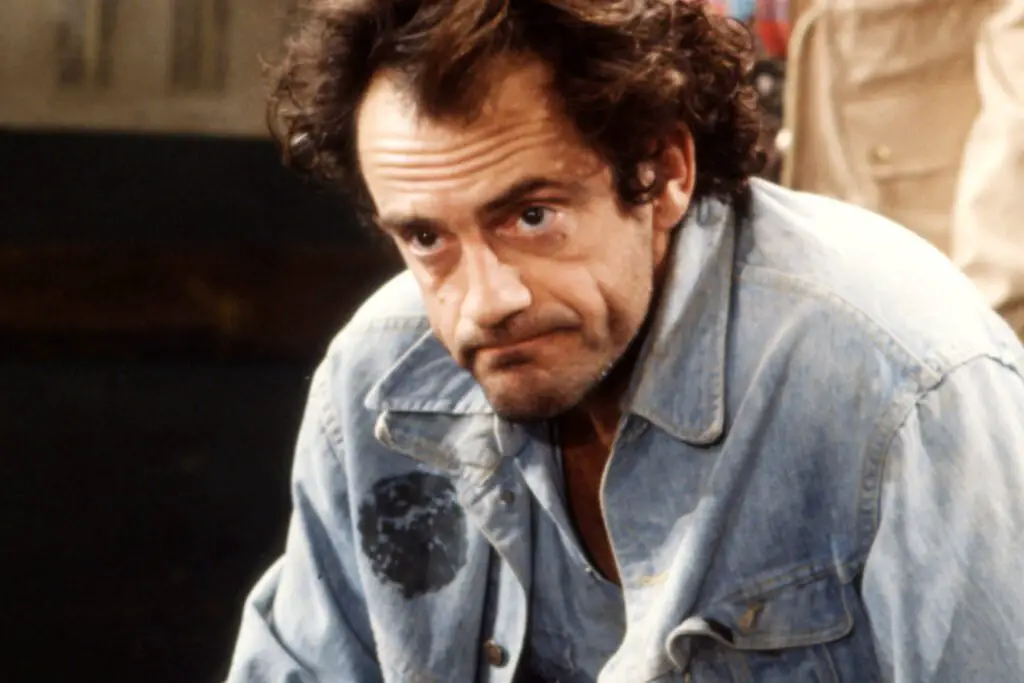
Taxi gave audiences a slice-of-life look at a group of New York cabbies just trying to get by. What made it groundbreaking was its mix of comedy and melancholy. These weren’t just funny characters, they were people with dreams, disappointments, and complicated lives. The show tackled immigration, economic struggles, and the pursuit of happiness in a way that felt both real and poignant.
Its influence can be seen in later workplace comedies like Cheers and The Office, where the humor comes from the quirks of everyday people stuck in ordinary jobs. Taxi proved that the most relatable comedy often comes from the quiet, human moments between the laughs.


